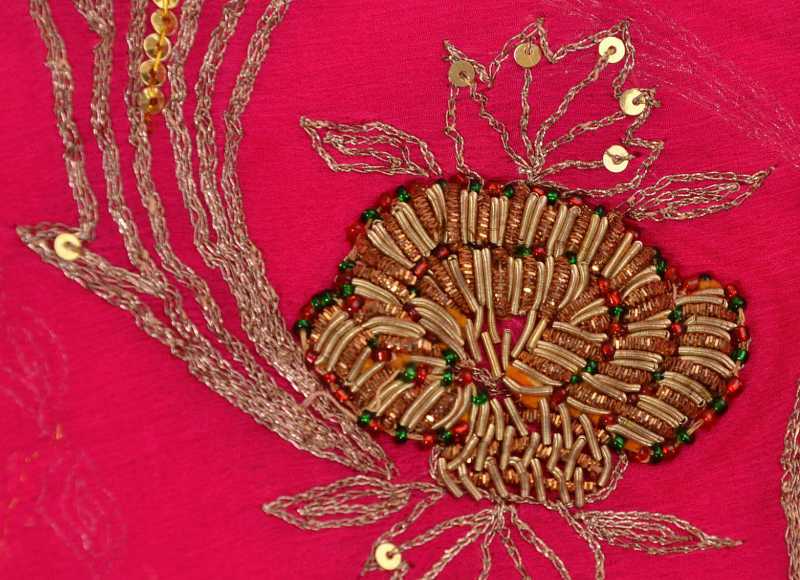===
0851,
5
===

=== |
 |
shaaq : 'Difficult, hard, distressing, grievous, burdensome, afflicting, troublesome, severe, perplexing, embarrassing, wearisome, &c.'. (Platts p.718)
FWP:
SETS
MOTIFS
NAMES
TERMS == PATHOS; UNDERSTATEMENTIn discussing this verse SRF twice uses the English word 'pathos', as well as supplying an Urdu counterpart, dard-o-gudaaz . He also discusses its historical role in English and Urdu criticism. On the 'Terms' page I've supplied a few more examples where the term could be applied, but there are of course plenty of others. SRF's view of them is consistent: he prefers understatement and eschews emotional excess-- as, he maintains, Mir does as well.
Note for grammar fans: The jaisii seems to be part of a relative-correlative construction in which the correlative cause is not explicitly stated. The full form might be something like this: jii hii jaantaa hai kih jaisii judaa))ii-e dil mujh par shaq gu;zrii hai , vaisii hii maut gu;zrii hotii . This explains the relevance of the first part of the first line: 'I didn't actually die, but what I felt at the separation of the heart was very much the way death would have felt'.